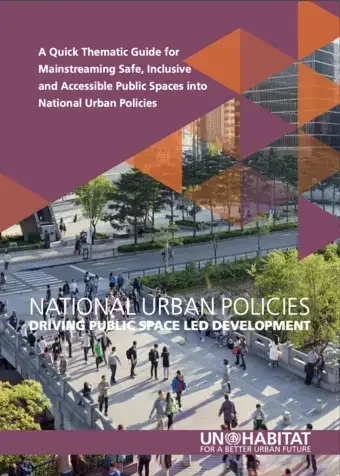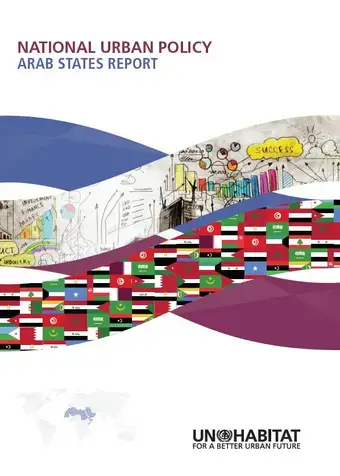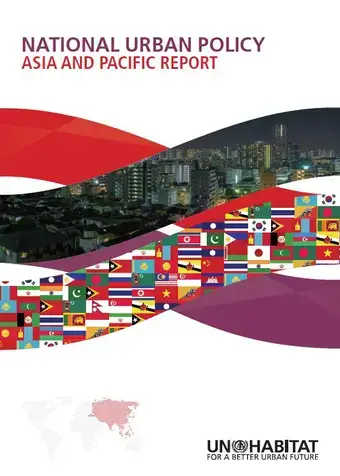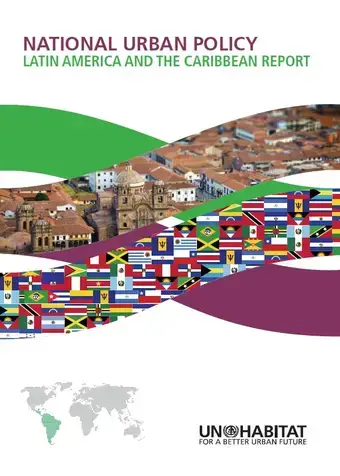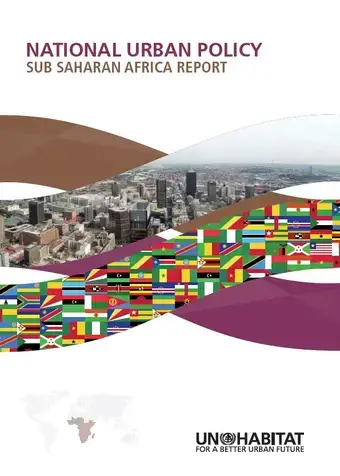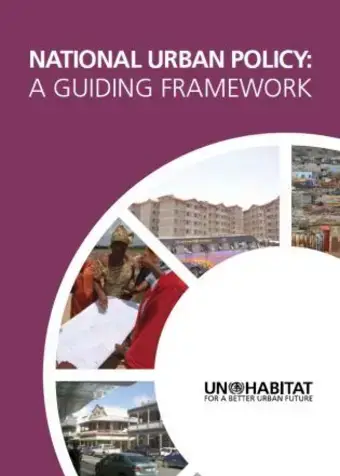In 2017, the newl y elected Government of Argentina requested support from UN-Habitat to develop a policy to support balanced regional development of its large territory, and foster inclusive development of its cities. With 91 per cent of Argentina urbanized, the project was aimed at harnessing urbanization and enhancing its benefits, working in close collaboration with key national stakeholders.
y elected Government of Argentina requested support from UN-Habitat to develop a policy to support balanced regional development of its large territory, and foster inclusive development of its cities. With 91 per cent of Argentina urbanized, the project was aimed at harnessing urbanization and enhancing its benefits, working in close collaboration with key national stakeholders.
Argentina adopts its first-ever National Urban Policy
Mendoza hosts first Argentina National Urban Forum
Mendoza, 11 July 2017 - The first National Urban Forum (NUF) of Argentina, and the first in the Southern Cone after the adoption of the New Urban Agenda at the Habitat III conference in Quito in October 2016, took place at the end of June.
The forum was attended by the Executive Director of UN-Habitat, Dr. Joan Clos, Undersecretary of Habitat and Human Development, Marina Klemensiewicz, Undersecretary of Territorial Planning of Public Investment, Fernando Álvarez de Celis, the Governor of Mendoza, Alfredo Cornejo and the Mayor of the city of Mendoza Rodolfo Suarez, among others.
Habitat III Policy Unit 3 on National Urban Policies concludes its second meeting in South Korea
South Korea, 13 January 2016 - UN-Habitat and OECD hosted the second Expert Group Meeting of Policy Unit Three, National Urban Policies, during the National Urban Policy Week in Incheon, South Korea. It took place from 15-16th December and brought together 13 participants.
